Description
This plant is restricted for shipment to CA, ID
Latin: Pinus aristata
Zones: 3-7
Other common names: Bristlecone pine, foxtail pine, hickory pine, Colorado Bristlecone pine, Rocky Mountain Bristlecone pine
Mature Height/spread: 20-60 ft. high/ 15-20 ft. spread in ideal conditions
Soil / Climate: variety of soils and climates, thrives on light, acid, sandy soils. The bristle cone pine is extremely drought tolerant.
Notes: The bristlecone pines are the oldest single living organisms known, 4000+ years old specimen. The wood is very dense and resinous, and thus resistant to invasion by insects, fungi, and other potential pests. Bristlecone pines can remain standing for hundreds of years after death. It is used as a good accent plant in rock garden, patio plant. Good candidate for bonsai tree.
Wildlife: Small mammals and birds such as the Clarks nutcrackers enjoy eating the seeds and using it for cover.
Cold Stream Farm supplies Bristlecone Pine trees which are grown as bare root seedlings and transplants and sold both wholesale and retail with no minimum order.
Additional information on Pinus aristata can be found on the link: USDA / NRCS Plants Database.

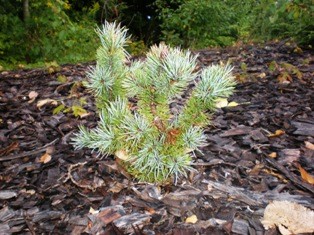
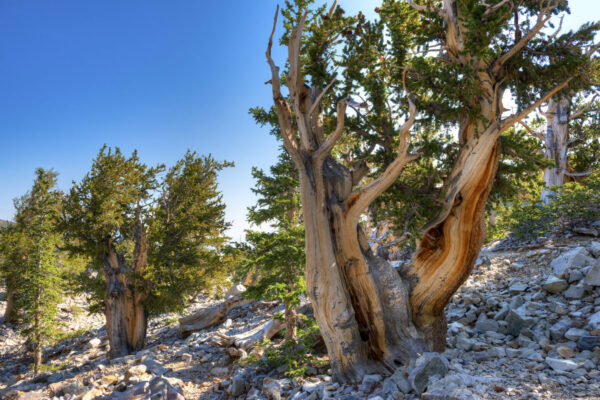
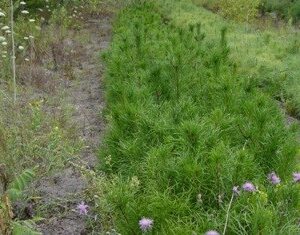
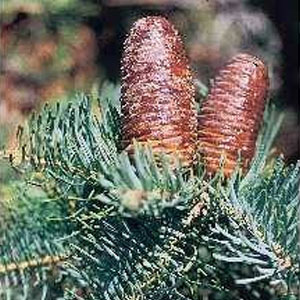
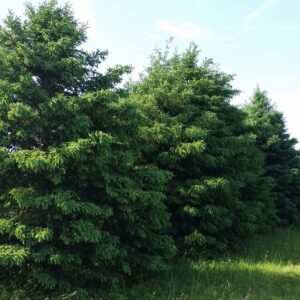
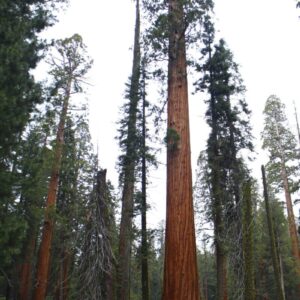
Reviews
There are no reviews yet.